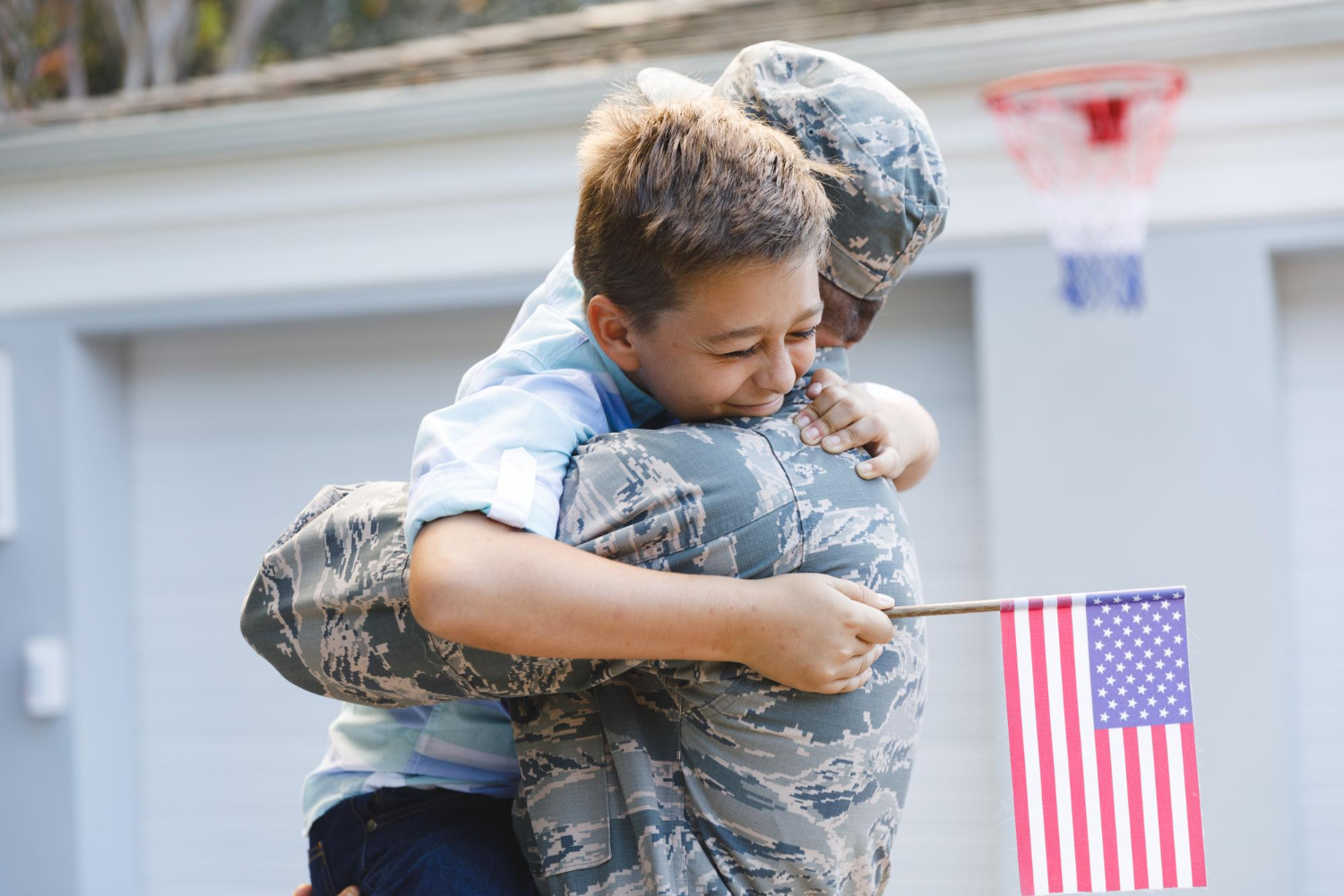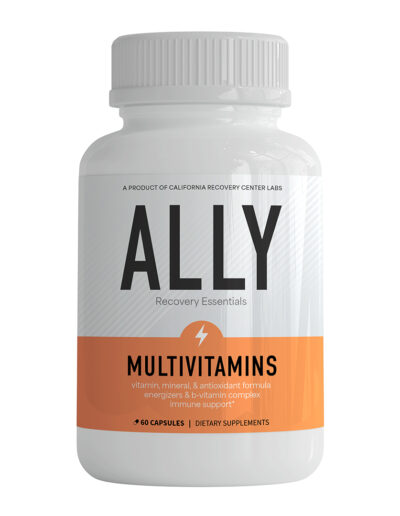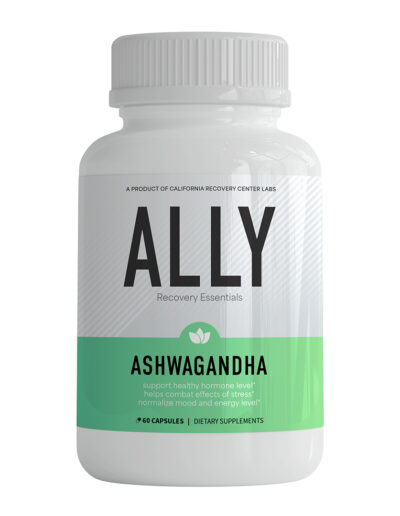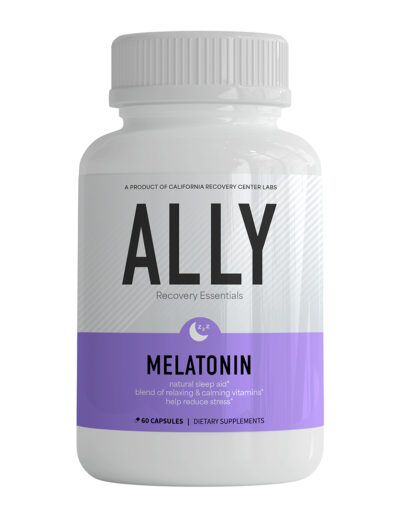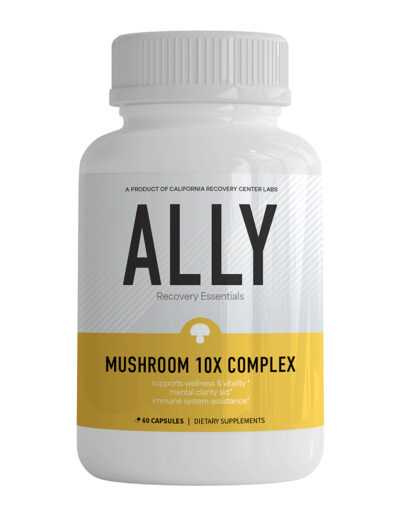A veteran’s transition to civilian life can be quite challenging, and leaving a structured lifestyle can leave them grappling with difficulties. It’s a whole new life, which requires not only making changes in daily routines but also in lifestyle, identity, and even beliefs and values. One effective way to navigate this transition is through holistic wellness, which involves physical, mental, emotional, social, and spiritual approaches to well-being.
From Combat Shoes to Running Shoes: Transitioning to Civilian Life
Veterans were used to a structured environment, a clear sense of purpose, and a close-knit community in military life. When veterans leave this kind of lifestyle, they often face challenges during the transition process. They face identity shifts, challenges in finding employment, healthcare access, loss of camaraderie and social connections, and mental health issues such as PTSD and depression. Each transition process is unique, highlighting the importance of recognizing and addressing these challenges early on so that we can better support veterans in their journey to civilian life.
Embracing Holistic Wellness
Holistic wellness involves a balanced approach to well-being. It encompasses physical, emotional, mental, social, and spiritual aspects. Embracing holistic wellness ensures that all areas of a veteran’s life are covered, promoting overall well-being.
Prioritizing Physical Wellness
Physical health is an important aspect of overall well-being, especially during the transition from military to civilian life. Veterans may benefit from engaging in physical activities such as strength training, flexibility exercises, hiking, biking, or team sports. Seeking regular medical check-ups and accessing healthcare services tailored to veterans’ needs may also aid in addressing any underlying health issues and promoting long-term wellness.
Nurturing Mental and Emotional Health
Post-traumatic stress disorder, anxiety, and depression are some of the common mental health challenges veterans face. There are mental health services such as therapy, counseling, and support groups that can help address their unique experiences and challenges. Practicing self-care techniques like mindfulness and meditation may also enhance mental and emotional well-being, manage stress, and improve resilience. Some individuals may also seek added mental health support by taking supplements to improve the quality of sleep, reduce stress, and boost their overall mood. Just make sure to seek professional help when doing so.
Strengthening Social Connections
Building and maintaining social connections is vital during the transition process. Having strong and supportive networks can help veterans navigate challenges and foster a sense of community. Family, friends, peers, and veteran groups may provide a sense of belonging and support. Veteran-specific community groups may help recreate the camaraderie experienced in the military. By fostering meaningful relationships and connections, veterans can enhance their social wellness and thrive in their civilian lives.
Boosting Nutritional and Lifestyle Adjustments
Proper nutrition from a well-balanced diet may also boost physical wellness. Veterans may start focusing on meal planning, understanding their nutritional needs, making lifestyle changes, and avoiding substance abuse. Taking multivitamin supplements may also provide a supplementary approach to physical well-being and can boost overall health.
Finding a New Purpose
Finding a new purpose and meaning in civilian life may provide veterans with motivation to continue and thrive in their new normal. Exploring new career opportunities, educational paths, and volunteering activities may bring veterans a new sense of fulfillment and connection to a larger community.
Making the shift from a life in active service to civilian life is a multifaceted journey that requires a balanced approach to overall well-being. By embracing holistic wellness, veterans are better equipped to navigate this transition more smoothly, which can help them find a new purpose and sense of fulfillment. With the right support and resources, veterans can embrace their new lives and thrive in their recovery journey toward a more rewarding and successful future.

